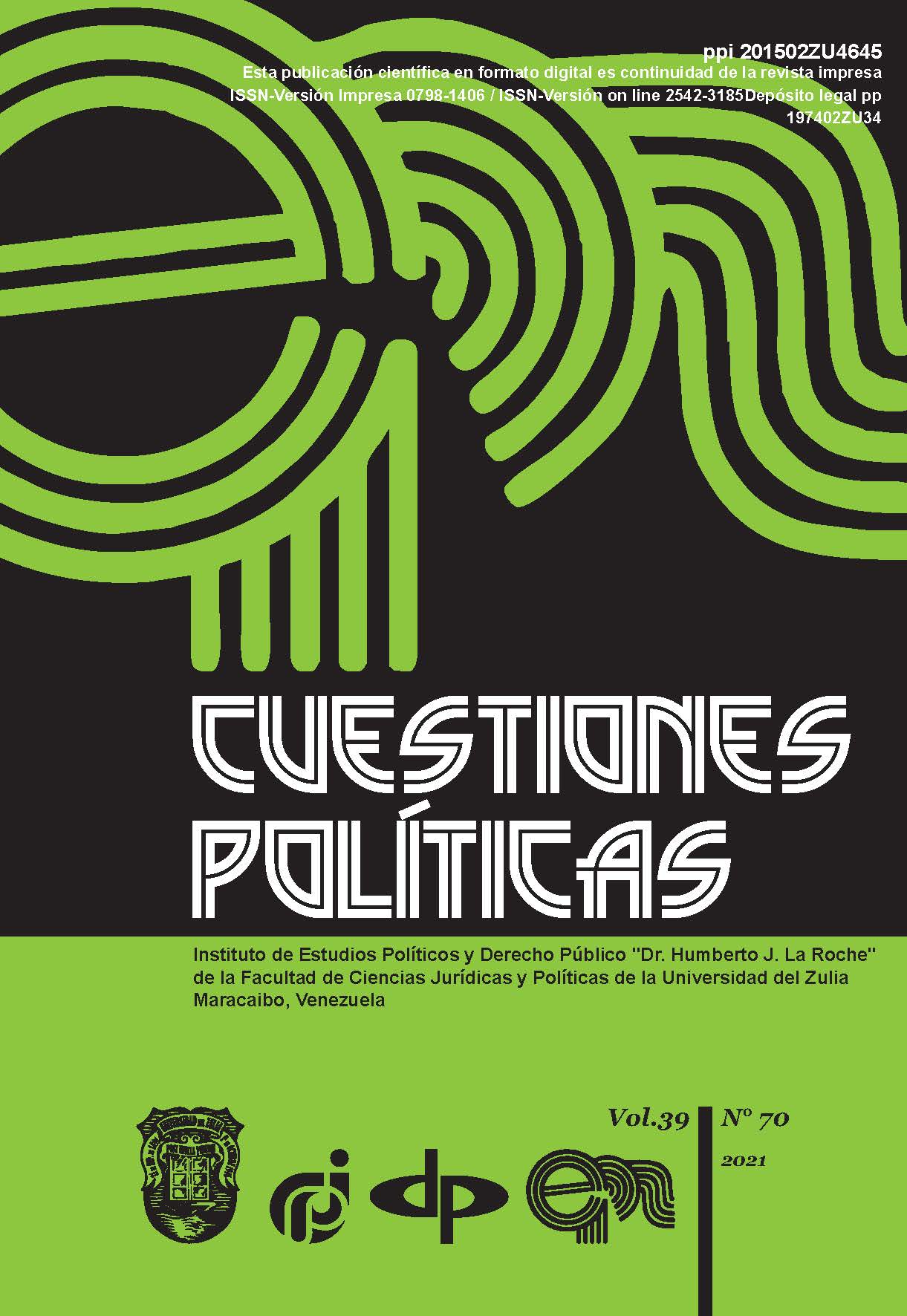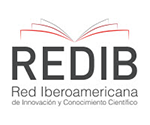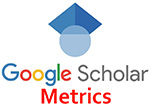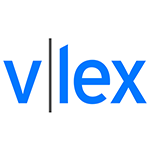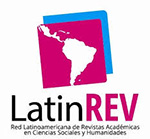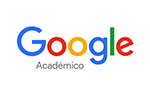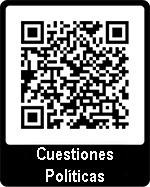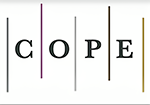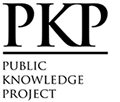¿Educar o evitar el pensamiento? Un análisis sobre el lenguaje y el poder
Abstract
From the perspective of essay, this article is an analytical, but above all hermeneutic, reading of the relationships that education has maintained with thought, language, and power. The research is based, in the first place, on a rigorous and systematic documentation, and then move on to the selection of those texts that, in the opinion of the author, have greater relevance to the subject and that, in addition, represent the nuclear approaches of Michel Foucault and Edgar Morín. The arguments of these two authors are detailed and analyzed, as arduous critics of classical pedagogy, its actors, and strategies. It is concluded that, in both authors, there is an effort to find the threads of power that sustain in the periphery, some discourses, typical of an education that questions the dominant rationality and that postulate different ways of thinking, such as: an archaeology of knowledge in the style of Foucault or the complex thought proposed by Morín.
Downloads
References
DIAZ, Reinaldo; NIETO, Libia; CABRERA, Martha; ZUÑIGA, Oscar. 2017. “El Poder en la obra de Michel Foucault” En: Saber, poder y nuevas formas de lucha en Foucault. Disponible en línea. En: https://hemeroteca. unad.edu.co/index.php/book/article/view/1695. Fecha de consulta: 10/02/2021.
BETHENCOURT, María; AMODIO, Emanuele. 2006. Lenguaje, Ideología y poder. Disponible en línea. En: https://unesdoc.unesco.org/ark:/48223/ pf0000216707. Fecha de consulta: 11/02/2021.
CASTRO, Edgardo. 2016. “La verdad del poder y el poder de la verdad en los cursos de Michel Foucault” En: Tópicos. Disponible en línea. En: https:// www.redalyc.org/pdf/288/28849181003.pdf. Fecha de consulta: 01/02/2021.
CONFORTI, María. 2017. “Discursos, instituciones y saber en el pensamiento de Michel Foucault” En: Universitas Philosophica. Disponible en líena. En: http://www.redalyc.org/articulo.oa?id=409553054006. Fecha de consulta: 11/02/2021.
ESPINOZA, Jorge. 2016. “El lenguaje: entre el poder y la educación en México” En: Ra Ximhai. Disponible en líena. En: http://www.redalyc.org/ articulo.oa?id=46146811024. Fecha de consulta: 13/02/2021.
FOUCAULT, Michel.1970. El orden del discurso y el discurso del orden. Fábula Tusquets Editores. Buenos Aires, Argentina.
FOUCAULT, Michel. 2002. Arqueología del Saber. Siglo XXI. México DF., Mexico.
GUZMÁN, Marisa. 2014. “Sociedad y educación: La educación como fenómeno social” En: Foro educacional. Disponible en líena. En: http://ediciones. ucsh.cl/ojs/index.php/ForoEducacional/article/view/856. Fecha de consulta: 11/01/2021.
ILLICACHI, Juan. 2014. “Religión, educación y subjetividades” En: ALTERIDAD. Revista de Educación. Disponible en líena. En: https:// www.redalyc.org/pdf/4677/467746089003.pdf. Fecha de consulta: 11/12/2020.
LORENZON, Adriane; ROMERO, Michelle. 2019. “Educación para la comprensión humana: desarrollo de la intersubjetividad desde la complejidad” En: Revista Educação em Questão. Disponible en líena. En: https://periodicos.ufrn.br/educacaoemquestao/article/ download/17095/11814/. Fecha de consulta: 15/02/2021.
MARTÍNEZ, Esther; VICUÑA, Carlos. 2017. “El pensamiento complejo en la educación. Aportes teóricos y reflexivos desde una mirada global” En: CIEG. Disponible en líena. En: http://www.grupocieg.org/archivos_ revista/Ed.2030(33-42)-MartinezEsther-VicunaCarlos_articulo_ id340.pdf. Fecha de consulta: 15/02/2021.
MORÍN, Edgar. 1994. Introducción al pensamiento complejo. Editorial Gedisa. Madrid, España.
MORÍN, Edgar. 2015. Enseñar a vivir. Ediciones Nueva Visión. Buenos Aires, Argentina.
RODRÍGUEZ, Teófilo. 1995. “La Micropolítica Foucaultiana y la Práctica Escolar” En: Usal. Disponible en líena. En: https://revistas.usal.es/ index.php/1130-3743/article/view/3075/3106. Fecha de consulta: 25/02/2021.
URRACO, Mariano; NOGALES, Gema. 2013. “Michel Foucault: El funcionamiento de la institución escolar propio de la modernidad” En: Anduli. Disponible en línea. En: https://revistascientificas.us.es/index. php/anduli/article/view/3641. Fecha de consulta: 25/02/2021.
Copyright
The authors who publish in this journal agree to the following terms:
The authors retain the copyright and guarantee the journal the right to be the first publication where the article is presented, which is published under a Creative Commons Attribution License, which allows others to share the work prior to the recognition of the authorship of the article work and initial publication in this journal.
Authors may separately establish additional agreements for the non-exclusive distribution of the version of the work published in the journal (for example, placing it in an institutional repository or publishing it in a book), with an acknowledgment of its initial publication in this journal.
This work is under license:
Creative Commons Reconocimiento-NoComercial-CompartirIgual 4.0 Internacional (CC BY-NC-SA 4.0)


